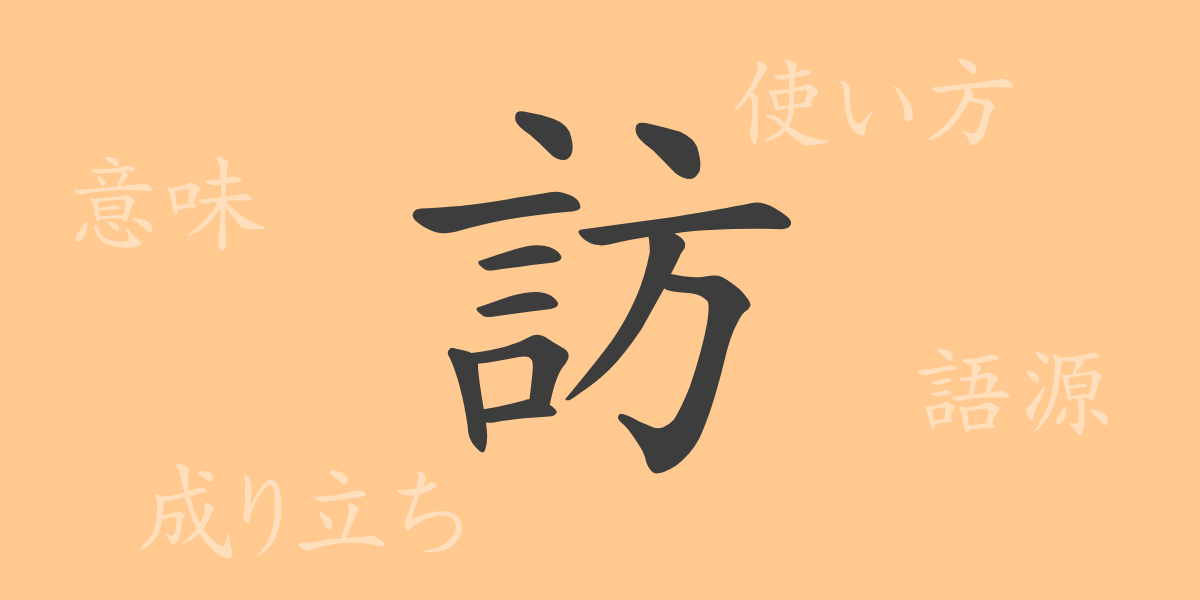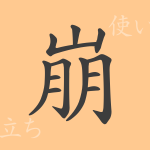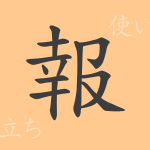Words are the threads that connect cultures and weave history, and the meaning embedded in a single kanji character reflects its profound depth. The kanji “訪(ほう)” (hou) frequently appears in Japanese literature and is deeply rooted in our everyday conversations. In this article, we will focus on the kanji “訪(ほう)” (hou), unraveling its origins, modern usage, and the idioms and proverbs it appears in.
Origin of 訪(ほう) (hou)
The kanji “訪(ほう)” (hou) originates from ancient China. Developed from pictographs, this character is said to represent the act of conveying words or asking questions. Historically, it was used to mean “to visit,” and over time, it has come to be widely used to denote visiting people or places.
Meaning and Usage of 訪(ほう) (hou)
“訪(ほう)” (hou) is primarily used to mean “to visit” or “to call on.” It is often used when someone visits another person’s home or a new place. Metaphorically, it can also be used to indicate the arrival of a certain state or period. This kanji is rich in expressive power within the Japanese language context, making it applicable in various situations.
Reading, Stroke Count, and Radical of 訪(ほう) (hou)
The kanji “訪(ほう)” (hou) has distinctive features in its form and sound.
- Reading: On’yomi (音読み) as “ホウ” (hou), Kun’yomi (訓読み) as “おとず.れる” (otozure.ru), “たず.ねる” (tazu.ne.ru)
- Stroke Count: 11 strokes
- Radical: 言(ごんべん) (gonben)
Idioms, Proverbs, and Expressions Using 訪(ほう) (hou)
There are numerous idioms and expressions in Japanese that include the kanji “訪(ほう)” (hou), each with its own nuance. For example, “訪問(ほうもん)” (houmon) means to visit someone’s home or place, while “訪ね歩く(たずねあるく)” (tazunearuku) means to visit many places or people. Additionally, “訪れる(おとずれる)” (otozureru) means to go to a place or for a certain time or opportunity to come. “未訪の地(みほうのち)” (mihou no chi) refers to a place that has not yet been visited. These expressions are used in various forms in our language.
Summary of 訪(ほう) (hou)
The kanji “訪(ほう)” (hou) is indispensable in Japanese due to its wide range of usage and rich expressiveness. This character, symbolizing the act of visiting, teaches us the importance of connecting with others. By suggesting places or times to visit, it hints at new discoveries and encounters in our lives. We hope that through this article, you gain a deeper understanding of the kanji “訪(ほう)” (hou) and enjoy the richer expressions it offers in Japanese.

























